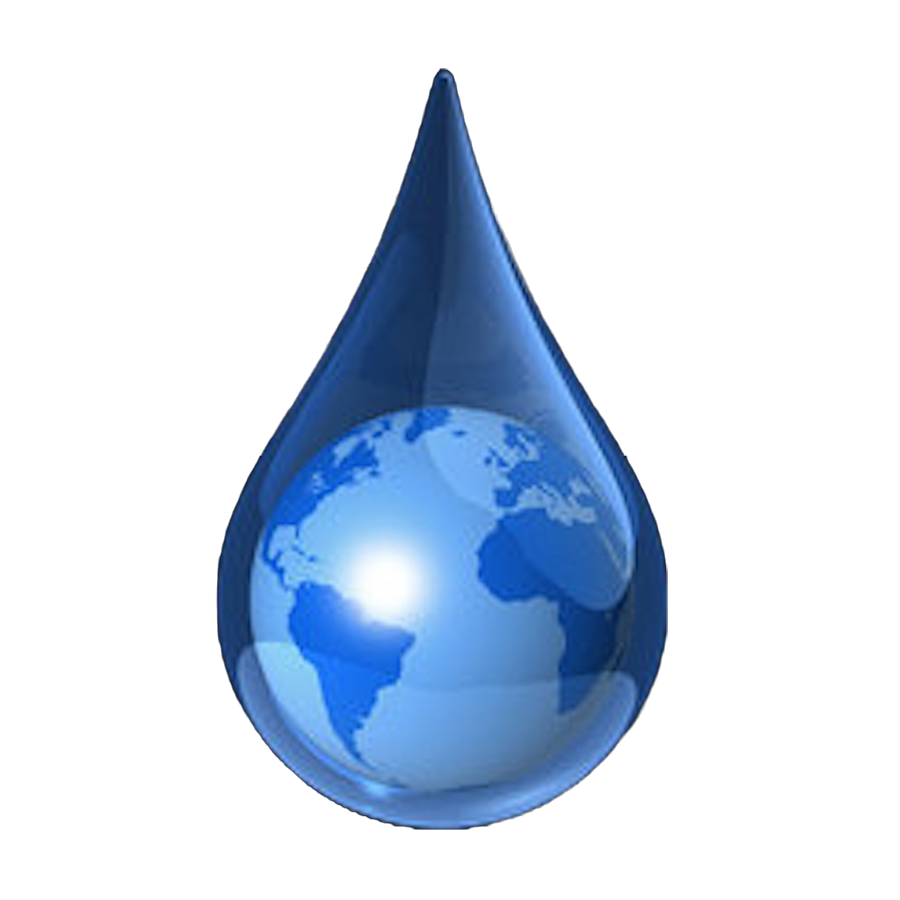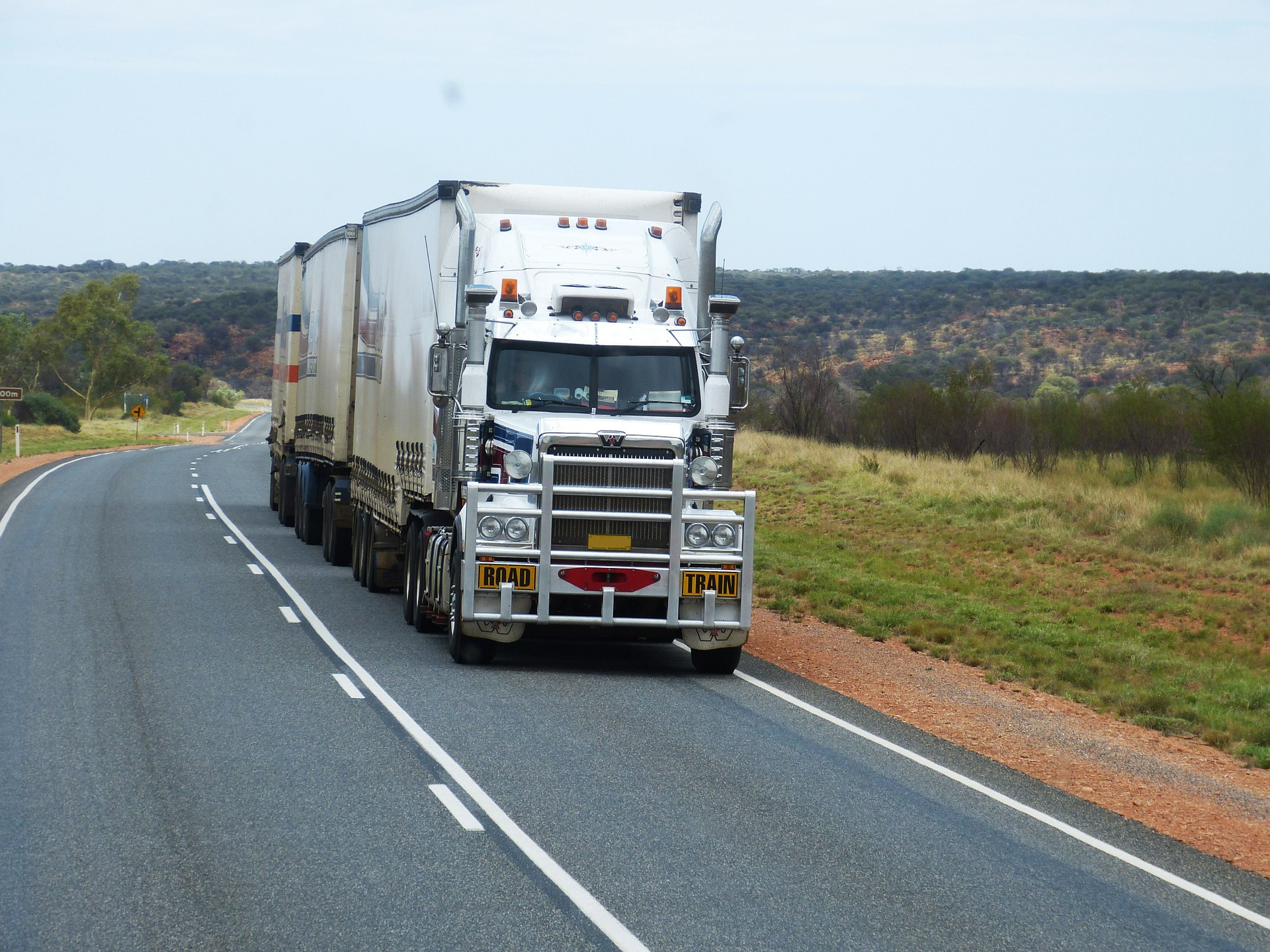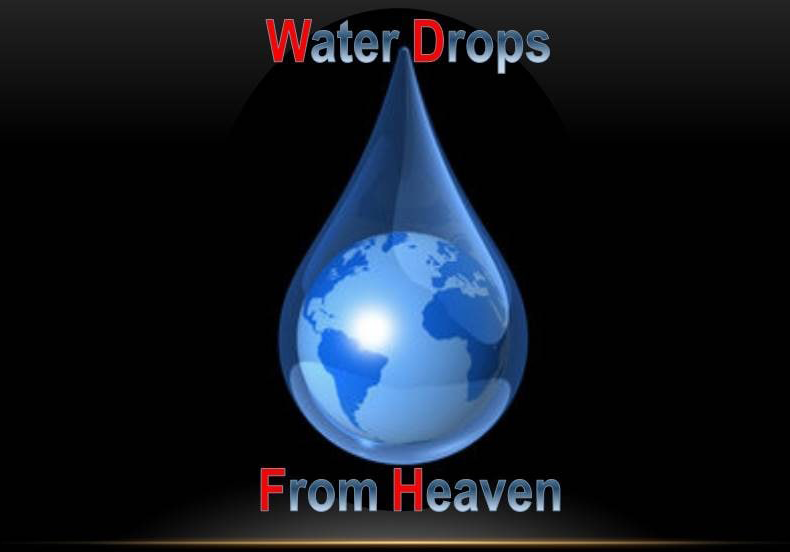HOW MUCH DOES IT COST TO TRANSPORT DRINKING WATER?
Water is essential for maintaining the health and economic stability of communities worldwide. Although water covers 70% of Earth, safe drinking water is rare. Just 3% of the world’s water is fresh water, and two-thirds of that is trapped in glaciers or other inaccessible locations.
We need to combat global water scarcity by reducing reliance on conventional water resources and minimizing the use of plastic bottles, which take three times as much water to make as they do to fill. Transporting water leaves a large carbon footprint and increases the cost for consumers.
How much does it cost to transport water and how much could you or your business save by switching to more sustainable methods of producing drinkable water?
How Is Water Transported?
Most homes and businesses in populated Western societies pay a monthly or quarterly fee to be supplied with water for sanitation and drinking. Water companies collect water from local reservoirs, rivers and lakes and transport it to treatment plants via underground pipes. At the plant, the water is filtered and chlorinated to make it safe to bathe in and drink. In some areas, fluoride may be added to improve dental health. The clean water is then pumped along pipes to homes and businesses.
Many families and business owners prefer to buy bottled water because they prefer the taste and are reassured by the rigorous filtration process it undergoes. Bottled water may also be used where there is no easy access to tap water — such as at large-scale outdoor events. According to figures released by the United Nations (UN), there are 400 million tones of plastic waste produced globally every year, 36% of which is single-use plastic such as water bottles. In some areas — like the United Arab Emirates (UAE), and more specifically Dubai — the trend for buying bottled water is especially high.
Bottled water is often imported from other countries. Evian, for example, is owned by the French multinational Danone and comes from “the pristine peaks of the French Alps”. Over one-fifth of water sold in the UK comes from abroad. Distributing water from one country to another adds considerably to the cost of transportation.
How Much Does It Cost to Transport Water?
When calculating the cost of transporting tap water from the source to your home or business, there is a long list of outgoings to take into consideration. This includes — but is not limited to — pipe installation and maintenance, building treatment plants, staffing plants and caring for the water source (e.g. reservoirs, lakes and rivers).
Bottled water costs even more to transport. Before your bottle of Evian or Aqua Pura arrives at the office, it has to be packaged, loaded and transported — often between countries. This incurs fuel, staffing and production costs.
Monetary costs aside, transporting billions of single-use water bottles annually carries a significant cost to the health of our planet and the societies we live in. According to Peter Gleick — author of “Bottled and Sold: The Story Behind Our Obsession with bottled water” and president of the US-based Pacific Institute — “The problems of waste, inequity, high economic costs and impacts on local water resources are intrinsic to the entire industry.”
How to Reduce the Cost of Water Transportation
Businesses and homeowners can take advantage of modern technologies to reduce the cost of water transportation, both in terms of their bank balance and the eco-footprint they leave behind.
Water Drops From Heaven Atmospheric water generators create clean, safe and tasty water at the point of consumption by harnessing the humidity in the air. There is always some water in the air, regardless of the climate you live or work in. AWG machines eliminate the need for plastic bottles as well as the large-scale transportation required to distribute bottled water. The water produced is six times more cost-effective than bottled water.
If you’re conscious about sustainability, responsible when it comes to the environment and keen to cut the cost of providing clean water to your families or employees, our atmospheric water machines are the solution.
For More Information :
Email: [email protected]
Phone: +61 (0) 493 469 707


